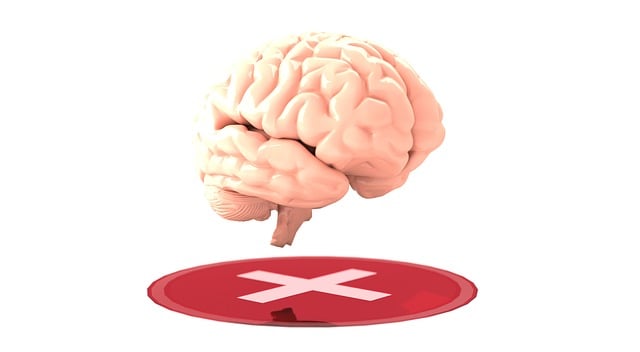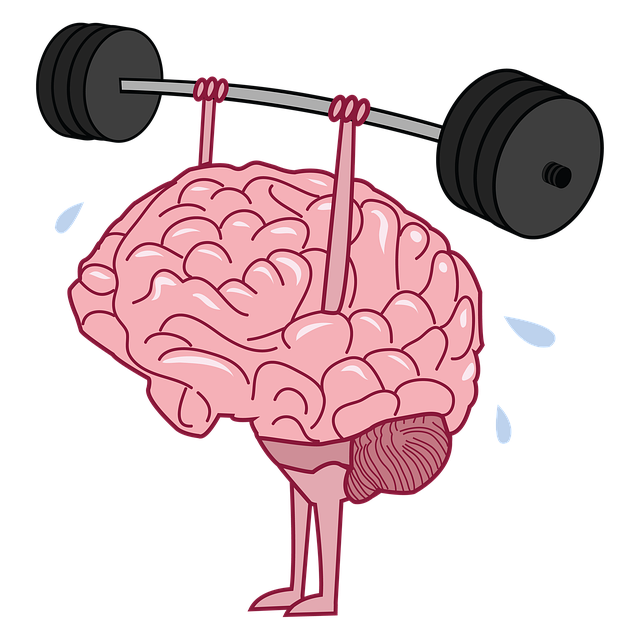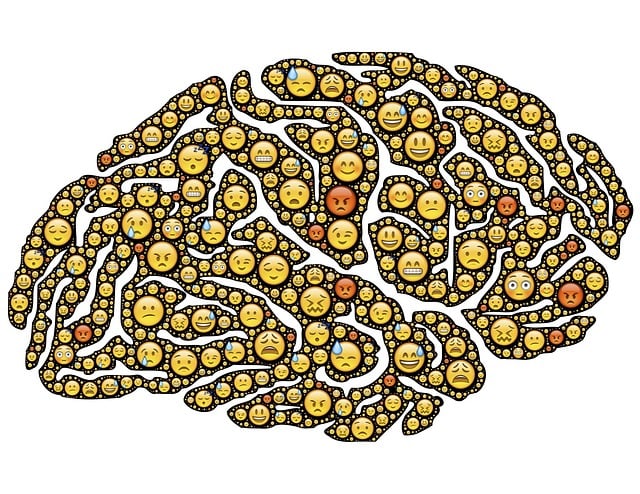Lakewood Adolescent and Teen Therapy addresses the growing concern of substance abuse among youth, targeting psychological and social factors during a critical brain development phase. They offer specialized services focusing on social skills, self-esteem, and self-care to prevent and intervene in these issues. By educating parents, caregivers, and healthcare providers on early warning signs and risk factors, they enable proactive addressing before escalation. Through open family support systems, group therapy, and evidence-based cognitive-behavioral therapy (CBT), Lakewood reduces substance abuse risks, promoting mental well-being for at-risk adolescents. Their holistic approach, including community outreach, ensures personalized care and resilience-building strategies to overcome challenges without harmful substances.
Substance abuse among adolescents is a growing concern, with significant implications for their health and future. This article explores comprehensive risk reduction strategies tailored for this vulnerable demographic. We delve into the root causes, warning signs, and impact of substance misuse on teens, focusing on strategies that empower families and communities. From early intervention to evidence-based therapies, we provide insights designed to help parents and professionals navigate challenges, offering hope and support through resources like Lakewood Adolescent and Teen Therapy.
- Understanding Substance Abuse and Its Impact on Adolescents
- Identifying Risk Factors and Early Warning Signs
- Family and Community Support Systems for Prevention
- Evidence-Based Therapy Approaches for Risk Reduction
- Effective Intervention Strategies for At-Risk Teens
Understanding Substance Abuse and Its Impact on Adolescents

Substance abuse among adolescents is a growing concern in many communities, including Lakewood. Understanding this issue requires recognizing that it extends beyond mere rebellious behavior and is often rooted in deeper psychological and social factors. Adolescents, during a crucial period of brain development, might turn to substances as a means of coping with stress, anxiety, or low self-esteem. This vulnerable stage is characterized by intense peer influence, emotional volatility, and a developing sense of identity, making them more susceptible to experimenting with drugs or alcohol.
The impact can be severe and long-lasting. Regular substance abuse in adolescence can disrupt brain development, impair academic performance, and lead to social isolation. It increases the risk of engaging in risky behaviors, experiencing mental health disorders, and even perpetuates a cycle of addiction into adulthood. Lakewood Adolescent and Teen Therapy offers specialized services tailored to address these challenges. Programs focusing on social skills training, self-esteem improvement, and self-care practices have proven effective in prevention and intervention strategies.
Identifying Risk Factors and Early Warning Signs

Identifying risk factors and early warning signs is a crucial step in preventing substance abuse among adolescents and teens. Lakewood Adolescent and Teen Therapy emphasizes the importance of recognizing behavioral changes and underlying mental health issues that may indicate a growing problem. This includes increased irritability, withdrawal from social activities, changes in academic performance, and unusual mood swings. By understanding these red flags, parents, caregivers, and healthcare providers can proactively address potential substance abuse issues before they escalate.
At Lakewood Adolescent and Teen Therapy, we advocate for comprehensive Mental Health Education Programs Design tailored to young people. This involves educating them about the risks of substance abuse, promoting healthy coping mechanisms, and fostering open dialogues about mental health. Additionally, Healthcare Provider Cultural Competency Training ensures that medical professionals are equipped to identify and address cultural nuances related to substance abuse, especially in diverse communities. Enhancing Mental Health Awareness through these initiatives empowers individuals to make informed decisions and seek help early on.
Family and Community Support Systems for Prevention

Family and Community Support Systems play a pivotal role in preventing substance abuse, especially among adolescents. Strong family bonds and a sense of belonging within a supportive community can significantly contribute to a teenager’s well-being and resilience against potential addiction triggers. At Lakewood Adolescent and Teen Therapy, professionals emphasize the importance of fostering open communication and healthy relationships within families to help young individuals develop inner strength and build resilience.
By integrating Mind Over Matter principles, these support systems empower teens to navigate challenges and make informed decisions. Through group therapy sessions and community outreach programs, young people learn valuable coping strategies, acquire emotional regulation skills, and discover alternative means of stress relief. This holistic approach not only reduces the risk of substance abuse but also promotes overall mental health and well-being, ensuring a brighter future for at-risk adolescents.
Evidence-Based Therapy Approaches for Risk Reduction

Evidence-based therapy approaches play a pivotal role in reducing risks associated with substance abuse among adolescents and teens. These therapeutic methods are backed by extensive research, demonstrating their effectiveness in addressing the complex underlying factors that contribute to substance misuse. One such approach is cognitive-behavioral therapy (CBT), which focuses on identifying and modifying negative thought patterns and behaviors related to substance use. CBT helps individuals develop healthier coping strategies and enhance emotional regulation skills, thereby reducing the likelihood of resorting to substances as a means of stress relief or emotion management.
Additionally, Lakewood Adolescent and Teen Therapy emphasizes the importance of self-awareness exercises and mental health education programs designed with an evidence-based approach. These programs aim to empower teenagers by fostering self-reflection, promoting positive self-image, and enhancing their ability to make informed decisions regarding substance use. By integrating emotional regulation techniques into their therapeutic practices, therapists can better equip adolescents with the tools necessary to navigate challenging situations and maintain long-term recovery.
Effective Intervention Strategies for At-Risk Teens

For at-risk teens grappling with substance abuse, timely and effective intervention strategies are pivotal in preventing further escalation. Lakewood Adolescent and Teen Therapy emphasizes a multifaceted approach that combines individual therapy, group counseling, and family involvement to address the underlying causes of addiction. Empathy Building Strategies play a crucial role in fostering trust and encouraging open communication, enabling mental health professionals to conduct accurate risk assessments.
Community Outreach Program Implementation is another vital component, aiming to create supportive environments and provide accessible resources for at-risk teens. By integrating these strategies, Lakewood Adolescent and Teen Therapy offers comprehensive care tailored to each teen’s unique needs. This holistic approach not only tackles the immediate substance abuse issues but also equips young individuals with resilience and coping mechanisms to navigate life’s challenges without resorting to harmful substances.
Substance abuse among adolescents is a complex issue, but with comprehensive risk reduction strategies, we can empower teens and their families. By understanding the impact of substance abuse, identifying risk factors early on, fostering strong support systems, and implementing evidence-based therapies, communities like Lakewood can provide effective prevention and intervention services. Organizations such as Lakewood Adolescent and Teen Therapy play a vital role in navigating these challenges, offering specialized care to foster healthier, safer futures for our youth.













